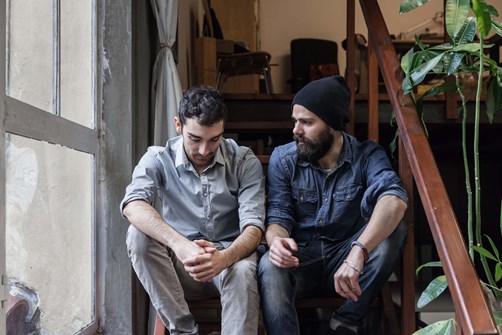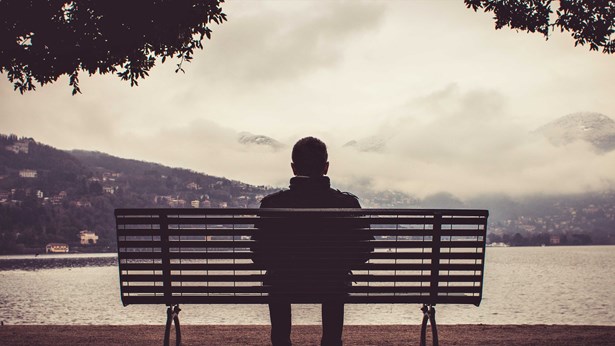Loneliness the ‘silent epidemic’
More than 9 million of us feel lonely all or most of the time, with loneliness now becoming known as a ‘silent epidemic’.
If we’re lonely we can have feelings of sadness, emptiness or distress about being by ourselves and disconnected from the world around us. There is, however, a difference between unwanted social isolation (loneliness) and social isolation, because some of us choose to be alone, yet don’t feel lonely.
Unwanted social isolation is the real issue where we struggle to connect with others and it can affect any of us regardless of age. In fact, in a recent study by BBC Radio 4 and the Wellcome Trust found that two out of five 16-24-year-olds felt lonely often or very often, compared to 27% of those aged 75 or older.
Loneliness can often be the result of struggling to connect with people and developing relationships, which could be due to lack of confidence or self-esteem. An episode of loneliness can also be triggered by a significant life event such as a bereavement, a relationship breakdown, a move to a new area or because of physical or mental health challenges. There isn’t a simple way to identify loneliness and it’s a very personal thing, so there’s no ‘one-size-fits-all’ way to tackle it.
We can also experience loneliness over a longer period of time or as a shorter-term issue. Either situation is uncomfortable and can have a knock-on effect on our overall health and wellbeing, with research finding that those of us who are lonely are more likely to suffer with mental health issues such as anxiety and depression.
Feeling lonely is an awkward topic to discuss and we tend to feel ashamed to admit we have no-one to talk to and feel alone. But the truth is, even those who appear to be sociable and positive, can be hiding the fact they are lonely underneath it all.
One part of modern life that can cause us to feel lonely is the way we interact with each other. We live in such a digitally connected world, in which we might have a number of social media ‘friends’, but what’s most important is the quality of our relationships, rather than the quantity of our online followers. We should strive to have a couple of close relationships with people who we trust and enjoy spending time with, rather than worrying about what’s happening on social media.
How often do you feel lonely?
Feeling lonely is an awkward topic to discuss and we can feel ashamed to admit we feel alone. There are things you can do & if you need someone to talk to - talk to us.

If you’re struggling and feeling alone, it’s important to take steps to change your life for the better.

It’s important to have people in our lives who we truly connect with, but it’s not always easy to meet the right people, make a real connection and maintain friendships.

"Life is so much better now. I love coming to work and I’m back living close to my friends and family. My experience was extremely difficult to deal with on my own, so if you’re experiencing loneliness I urge you to get in touch with Ben. Don’t suffer as long as I did."






